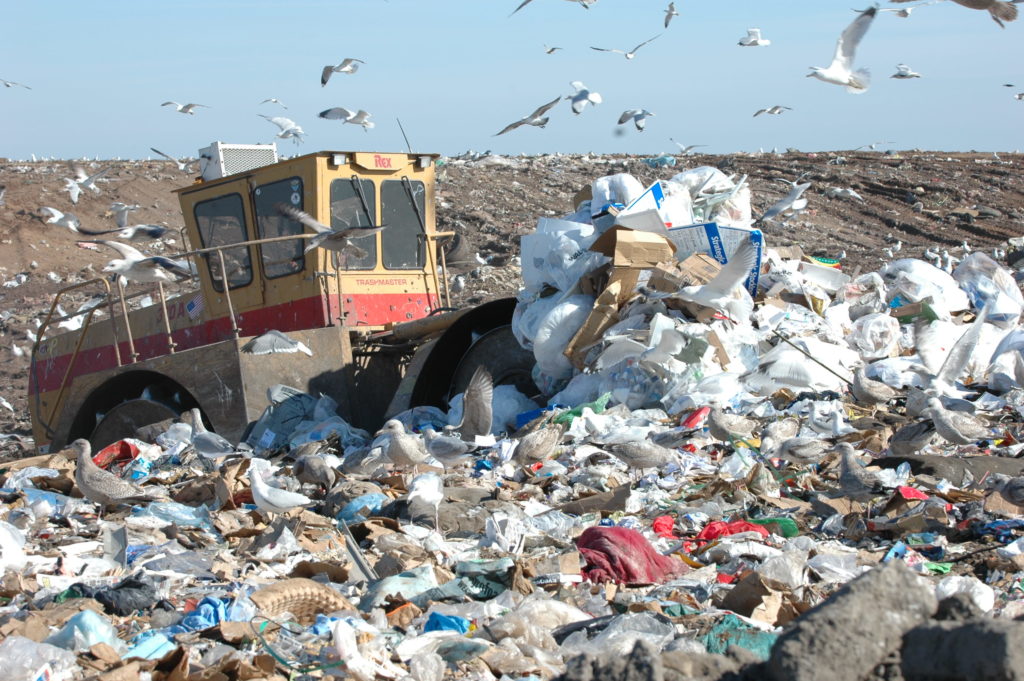


-
With the latest IPCC Report and the COP26 all countries have Strategic Plans to reduce their carbon emissions by 2030. Those plans focus mainly on the recognized producing sources of those emissions like coal plants and manufacturing. Government officials minimize the sources of gas emissions from landfills regulated and unregulated; sludge stockpiling and lack of its treatment; and manure treatment. Those are other major sources of CO2 and methane and they represent an even bigger hazard for the environment and the health of citizens.
-
Acting now with their landfills and sludge lagoons will give immediate positive results in the overall reduction of production of CO2 and methane for a country looking to reach their goals.
-
Carbon Credits markets and Offset Carbon Credits markets can be part of the financial implementation of those Strategic Plans for developing countries.
-
It is financially difficult in a lot of developing countries to just close energy producing coal plants.
-
Cleaning up landfills and treating hazardous manure to enhanced agriculture output, reclaiming land, creating more sustainable cities, while reducing health costs might just be an easier way. Enzymes World can offer this in an affordable way.
-
It is our opinion that except for the larger cities, permanent Waste to Energy plants will never be economically sound. A study from the World Bank of 2016 comes to the same conclusion as a 2017 study from Germany also concludes. See studies from world bank: solid waste management for Ukraine 2015. Here is the link to view it: https://enzymesworld.com/wp-content/uploads/2020/06/Municipal-Solid-Waste-in-Ukraine-Development-Potential-WORLD-BANK-STUDY.pdf Another study is waste-to-energy options in municipal solid waste management: a guide for decisions makers in developing and emerging countries by gyz, German government owned entity 2017. Here is the link to view it: https://enzymesworld.com/wp-content/uploads/2020/06/WasteToEnergy_Guidelines_2017-for-Governement-decision-makers.pdf
